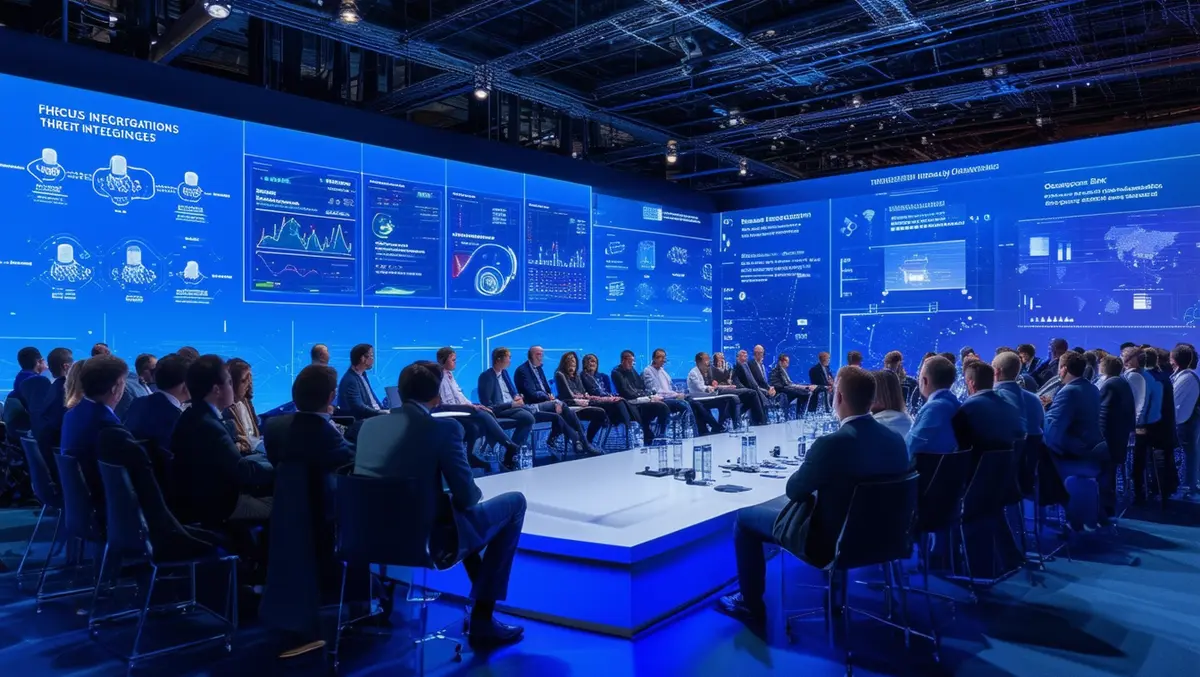
Google advances cybersecurity with AI at 2024 summit
At the Google Cloud Security Summit 2024, industry leaders such as Google Cloud's Vice President and General Manager Sunil Potti emphasised the critical need for convergence in contemporary cybersecurity frameworks. With organisations increasingly facing sophisticated threats, traditional methods that rely on layering additional security products have become less effective. Google Cloud is advocating for a streamlined approach, integrating artificial intelligence (AI), threat intelligence, and essential security capabilities into a unified, proactive defence system.
Google Cloud's security platform is designed to minimise complexity while optimising core functions like detection, investigation, and response. This integrated approach aims to dissolve security silos, providing businesses with more effective defensive mechanisms against cyber threats.
Google's Modern Security Operations platform moves beyond conventional Security Information and Event Management (SIEM) systems by merging SIEM with Security Orchestration, Automation, and Response (SOAR) and Attack Surface Management. This makes threat detection and response quicker and more efficient.
Google also leverages its deep expertise in threat hunting and incident response through Mandiant services, assisting organisations before, during, and after cyber-attacks. This expertise is part of Google's effort to provide comprehensive threat intelligence.
Additionally, Google Cloud enables seamless multicloud risk management by aligning cloud security with enterprise security operations. This coordination enhances response times and remediation efforts, which is crucial for businesses operating across multiple environments.
An integral part of Google's approach is the infusion of AI into every aspect of its security operations. By incorporating AI, businesses can better anticipate threats and automate intricate tasks, such as swiftly analysing security incidents. An example of this is the use of Google's generative AI system, Gemini, which has significantly reduced the time needed for threat analysis.
Google Cloud's focus on convergence has already shown beneficial outcomes for businesses. Etsy, for example, utilised Google Security Operations to revamp its security processes, integrating AI to offer a unified approach to incident response across various teams. Similarly, Apex Fintech Solutions integrated the Gemini system, enabling their security analysts to expedite the creation of custom security expressions from hours to seconds, thus improving operational efficiency.
During the summit, Google Cloud launched Mandiant Custom Threat Hunt, a service crafted to reveal hidden threat actor activities within an organisation's environment. This advanced threat hunting capability complements managed detection and response services, enabling businesses to detect past threats and fortify future defences.
Another significant upgrade announced was to the Security Command Center (SCC), part of Google Cloud's Cloud-Native Application Protection Platform (CNAPP). The enhanced SCC can now detect toxic combinations of vulnerabilities in cloud environments. By employing virtual red teaming, SCC simulates real-world attacks to identify and mitigate unseen risks.
Google Cloud also introduced new identity management tools like Privileged Access Manager (PAM) and Principal Access Boundary (PAB) to enforce least-privilege principles. Furthermore, enhanced Confidential VM options now offer additional layers of security for sensitive information through hardware-based encryption, protecting data in use.
The summit underscored the evolution of cybersecurity towards a unified, intelligent, and converged framework. Through the reduction of complexity and the integration of AI, threat intelligence, and expert services, Google Cloud aims to equip businesses to confront modern security challenges, ensuring they stay ahead of emergent threats. As the cybersecurity landscape continues to evolve, the convergence of technology, intelligence, and operations is expected to play a crucial role in defining the future of proactive defence.


